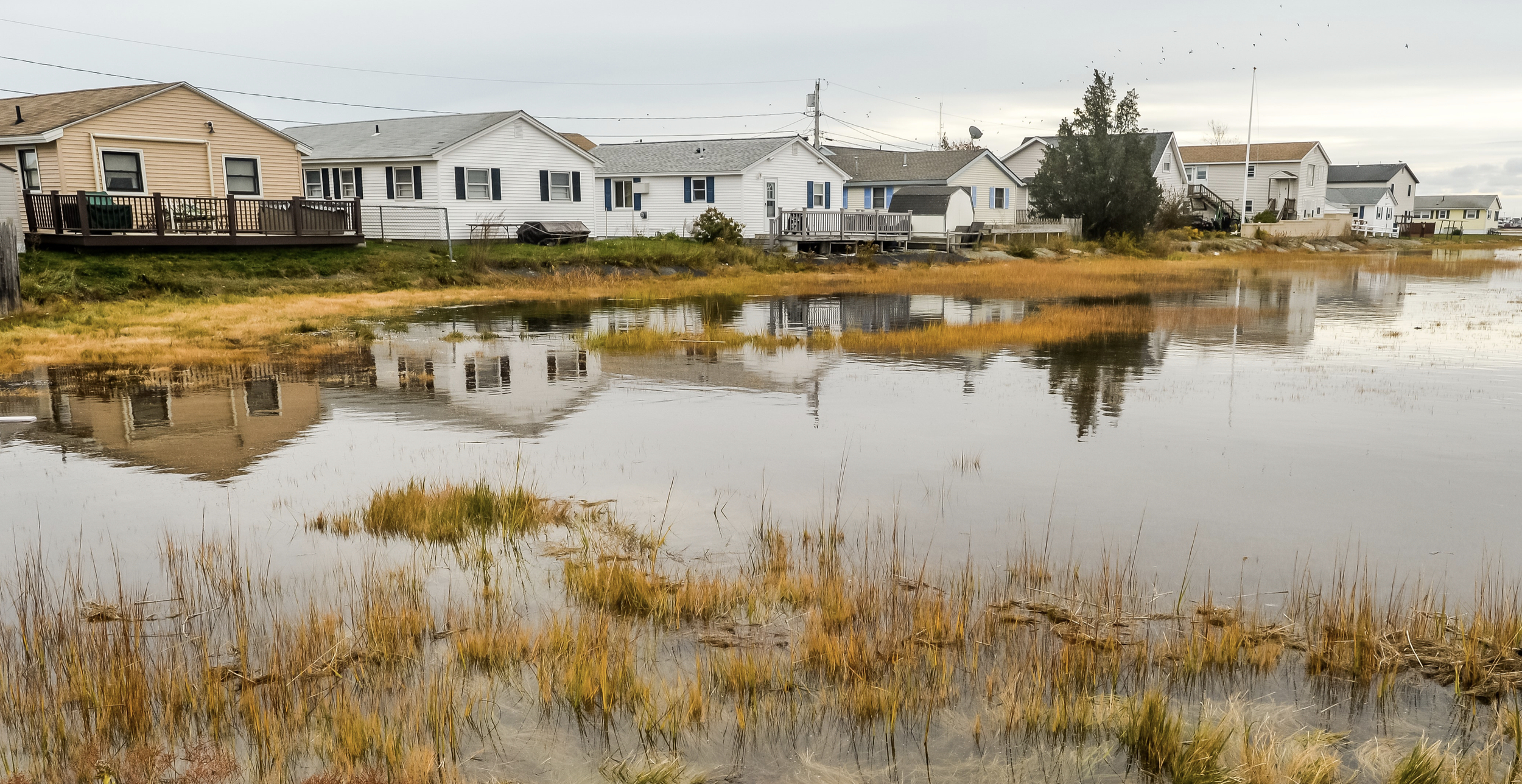
Water Utility Districts as Facilitators of Regional Climate Change Partnerships
Unlike much of the literature on regional activity that centers on how general-purpose local governments choose to respond to externalities or other cross-boundary drivers, Jayce Farmer (University of Nevada-Las Vegas) centers existing water utility districts as the key independent variable.

Envisioning a Role for RIGOs in Cross-Boundary Land Use Regulation
The acknowledged value of regional planning is evident in the proliferation of state and federal policies that require coordination between local authorities. However, as Thomas Skuzinski (Northern Illinois University)and Carolina Velandia Hernandez (Northern Illinois University) note, even while regional planning efforts exist the plans themselves lack teeth and land use regulation remains a predominantly local activity.

Investing in Emerging Regional Institutions to Promote Equitable Climate-Ready Regions
In this contribution, Catherine Ashcraft (University of New Hampshire) and Christina Rosan (Temple University) explore the potential for regional planning solutions to the climate crisis in a case study of two initiatives in New England. They note that climate change, like many wicked problems, is a complex set of issues that faces numerous political barriers, and that solutions are unlikely to be unlocked at one level of government.

Projects Not Systems: Why New York Doesn’t Have a RIGO
The greater New York City region is both a substantial population and financial center in the United States, making it a highly contested political territory. Despite (and perhaps because of) its value in this regard, Cameron Gordon (Australian National University), Richard Flanagan (City University of New York), and Jonathan Peters (City University of New York) argue that intense fragmentation in the region creates hurdles to effective regionalism.

Tightening Networks and Deepening Co-Regionalism
Often, scholars investigate co-regional actions by evaluating them in their final form: an interlocal agreement, the charter of a regional authority, or the decisions of a Regional Intergovernmental Organization board. In this post, Lachezar G. Anguelov (The Evergreen State College) introduces us to an embryonic informal network addressing drug addiction and overdoses with stakeholders crossing jurisdictional, sectoral, and policy boundaries.

American Regionalism and the Constellation of Mechanisms for Cross-Boundary Cooperation
In this colloquium, we explore the variety of actors involved in the cross-boundary cooperation that we associate with American regional governance and the evolving connections and relationships between them. We aim to produce a cutting-edge review of the state of the field of American regionalism that is accessible, thought provoking, and forward looking.

Business Improvement Districts (BIDs) in Philadelphia and their Potential as Regional Actors
Business improvement districts (BIDs) are special service and assessment districts that typically cover territories as large as the downtown of a central city or as small as the commercial corridor of an outlying neighborhood. These organizations typically collect mandatory fees – assessments – from property owners within their areas to fund projects and provide services such as cleaning streets, providing security, installing streetscape improvements, and marketing the area.

Race, Activism, and Localism in the Metropolis
Generations of research by political scientists and historians paint a consistent – and deeply disturbing – picture of the American metropolis. From different directions, their work depicts a political patchwork designed to facilitate resource hoarding and enforce segregation by race and income. Long entrenched local government powers over land use have made racial and spatial inequality the defining feature of the American metropolis. Special districts, the most numerous boundary-spanning organizations, help the patchwork metropolis function but they are not known for challenging the economic and racial inequalities it protects (Savitch and Adhikari 2017).

American Regionalism and the Constellation of Mechanisms for Cross-Boundary Cooperation
In this colloquium, we explore the variety of actors involved in the cross-boundary cooperation that we associate with American regional governance and the evolving connections and relationships between them. We aim to produce a cutting-edge review of the state of the field of American regionalism that is accessible, thought provoking, and forward looking. In bringing together scholarship on different mechanisms for cross-boundary cooperation, and highlighting common themes, we hope to transcend some of the barriers in our field and begin to develop a comprehensive, grounded, and modern understanding of the dimensions of regional governance.

The Future of Collaborative Leadership in Contemporary Regional Entities
This contribution by George Dougherty (University of Pittsburgh) and Suzanne Leland (University of North Carolina at Charlotte) reminds us that although the landscapes of American regional activity are populated by organizations, those organizations are made up of people. While we often discuss these organizations in the abstract – as entities with agendas, and responsibilities, capacity, and legal agency – these are decided on and executed by individuals.

American Regionalism and the Constellation of Mechanisms for Cross-Boundary Cooperation
The question of how local governments coordinate policies and projects across jurisdictional boundaries fascinates a small subset of scholars across a broad range of disciplines. In the social sciences, research focuses on (among other things) governance, institutions, the consequences of political fragmentation, collective action, and the practicalities of service and infrastructure provision. Much of the literature questions the suitability of the institutions that have emerged in response to multiplying cross-boundary problems and highlights concerns of effectiveness, equity, and accountability.